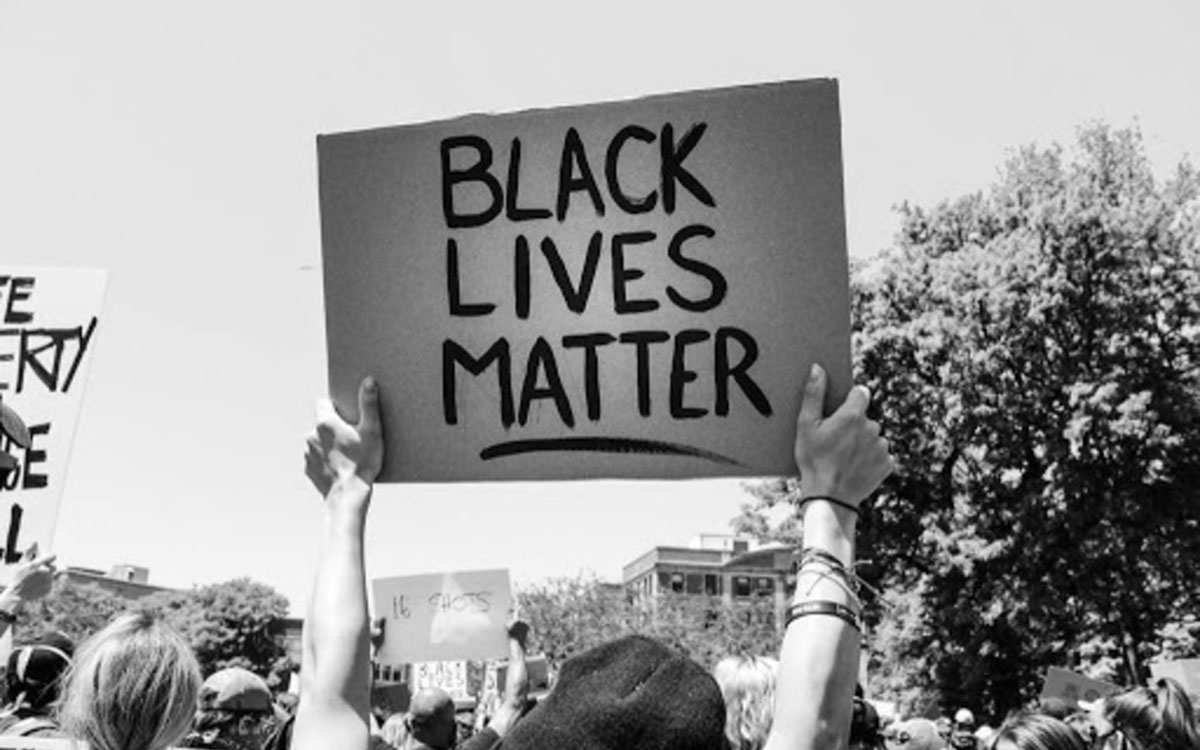In times of crisis, we turn to our communities for help and support. Sierra Club is a community like any other, and we need to be ready to show up for each other. And part of community is the stories we tell.
Let me tell you my story.
Growing up as a white kid in the Pacific Northwest, my family taught me to love my neighbor as if they were my own. That means I can't separate what others deserve from what I deserve. In my family, this meant people and places—anything and anyone who was vulnerable.
Loving my neighbor as my own means I understand that my future is interconnected with the futures of others. It's what led me into community organizing and working to keep communities safe and healthy. For me, organizing is about working towards a shared vision of a future where our collective humanity is equitably recognized and honored. It's why I organized to demand that our government stop deporting immigrants, and went to places like Ferguson, Missouri, and Flint, Michigan—to lift up the voices and stories of the young Black, Brown, and working class residents whose livelihoods were threatened by the very systems and elected officials who vowed to protect them.
As an organizer and creative, the way I have been able to help other people make those connections is through storytelling. It's why I'm writing—to share my experiences doing this work, the connections I see between our varied lived experiences, and to hear from all of you about the ways in which we're all connected. Over the next five weeks, and beyond, we're going to share these connections. We're going to talk about voting rights and democracy. We are going to talk about the courts and the justice system. We are going to talk about specific examples of environmental racism and environmental sacrifice zones, and how extractive, polluting industries profit off of our division.
But mostly we are going to talk about connections. As environmentalists, we understand that all living things are connected to one another.
Coming to Sierra Club and working in the environmental justice space was another reminder how the connection between our struggles and our fights are interconnected. Immigrant detention centers, the prison-industrial complex, and "sacrifice zones" that are deprived of clean air, water, and land—they're all connected.
We are part of a shared ecosystem. In that ecosystem, no person and no place should be sacrificed or we will all suffer.
As a middle-class white woman, I'm not the first to feel the impacts of all of this. But, I know that the same corporations that charge $400/month for the heart medication that keeps my dad alive are in the pockets of the same public officials that roll back EPA standards to pollute our air and trigger my asthma. They're standing shoulder to shoulder with the same policing systems that kill our Black, Brown and Indigenous family and friends without recourse.
We're being called to join forces with leaders envisioning a healthier, more equitable future: one where clean water is a right, everyone feels safe outdoors, Black lives are cherished, and Indigenous rights and lands are respected. Sometimes that means we need to show up in solidarity with our allies to protest police violence. Because it is only by working together that we can grow the clean energy economy, create good-paying jobs for millions, and invest in resilient communities and ecosystems.
So I hope you’ll commit to joining us on this journey. We want to hear your story, too. Do you have questions or topics you want to hear about?
Let us know, and start by answering one question.
